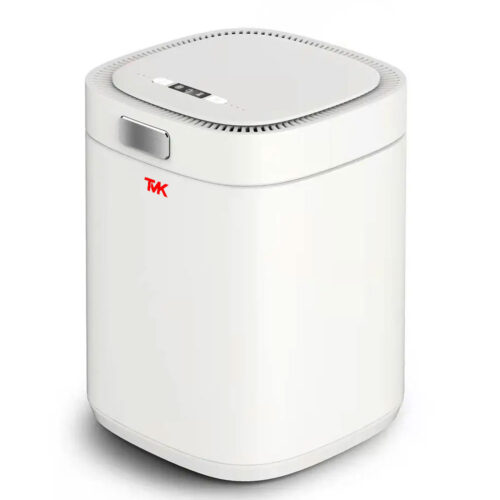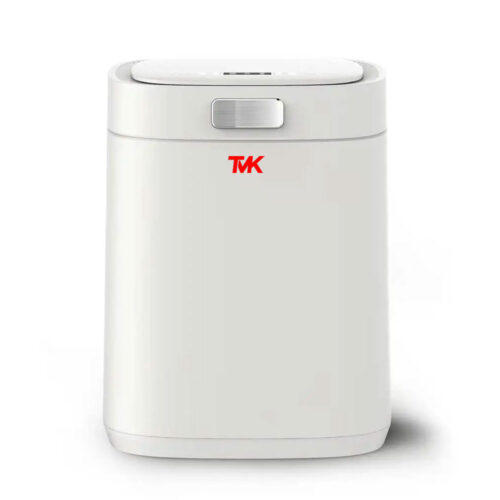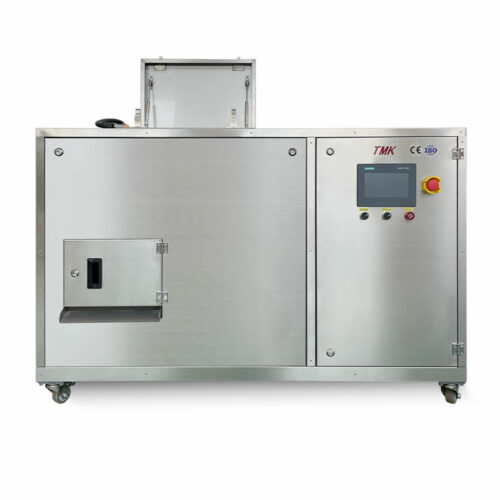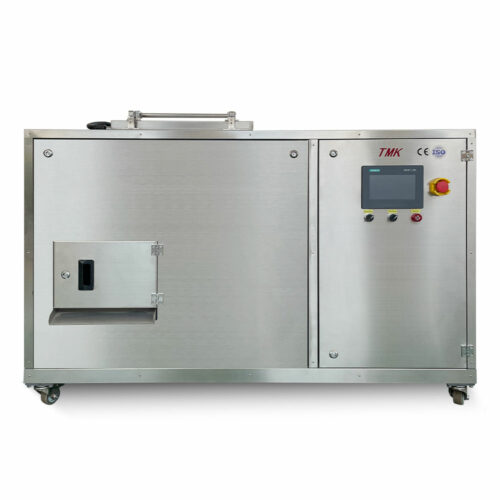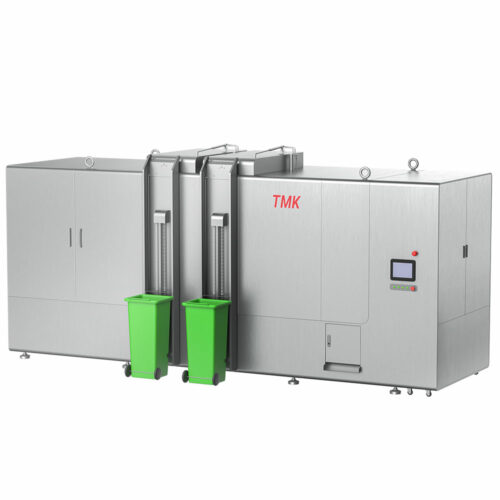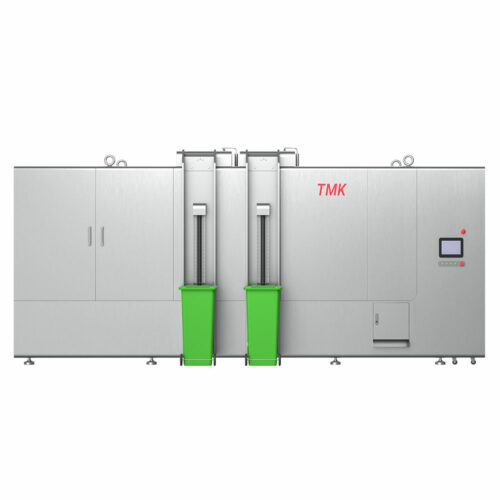An organic waste composting machine is a mechanical device designed to accelerate and facilitate the natural decomposition process of organic waste materials, such as food scraps, yard waste, agricultural residues, and other biodegradable materials. Composting is a biological process in which microorganisms break down organic matter into nutrient-rich soil amendments known as compost.
TMK offers Organic Waste Composters that create an optimal environment for the decomposition process by controlling factors such as temperature, moisture, aeration, and mixing. These machines come in various sizes and configurations, ranging from small-scale units suitable for households or small businesses to large-scale industrial machines used by municipalities and agricultural operations.
Household Composter
Carbon Steel Series
Commercial Composter
Commercial Composter
Key components of an organic waste composting machine may include:
- Chamber or Drum: This is where the organic waste is loaded and processed. It provides a controlled environment for decomposition.
- Aeration System: An adequate oxygen supply is crucial for the growth and activity of aerobic microorganisms responsible for breaking down the organic material. Aeration systems ensure proper airflow within the composting chamber.
- Temperature Control: Composting is most efficient when the temperature is within a specific range. Some machines incorporate heating elements to maintain the optimal temperature for microbial activity.
- Moisture Management: Proper moisture levels are essential for microbial activity. Composting machines may include systems to monitor and adjust moisture content.
- Mixing Mechanism: Regular mixing or turning of the compost pile helps distribute heat, oxygen, and microorganisms, promoting even decomposition.
- Odor Control: To manage potential odors associated with decomposition, some machines are equipped with odor-neutralizing or ventilation systems.
- Monitoring and Control Systems: Modern composting machines may have sensors and control systems to monitor and adjust factors like temperature, moisture, and aeration.
- Output Collection: Once the composting process is complete, the machine produces finished compost that can be collected and used as a nutrient-rich soil amendment in gardening, agriculture, landscaping, and other applications.
Organic waste composting machines offer several benefits, including reducing the volume of waste sent to landfills, minimizing greenhouse gas emissions, and producing valuable compost that enriches soil and supports sustainable agricultural practices.
If you have any questions please feel free to contact me.

